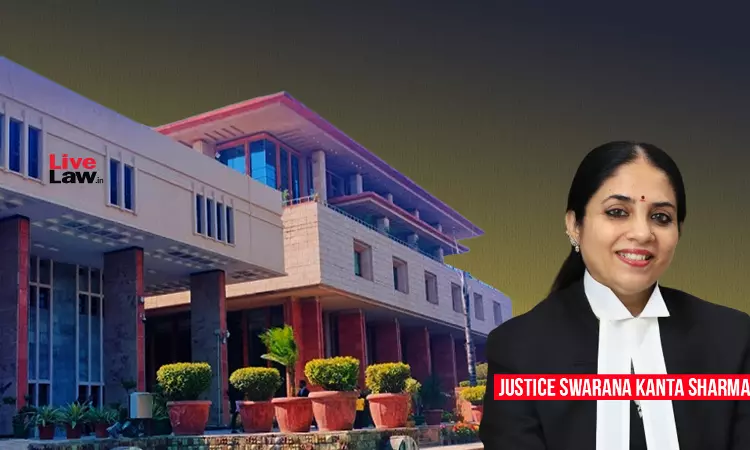The Delhi High Court has observed that the Protection of Children from Sexual Offences Act, 2012, is a gender-neutral legislation and that it is insensitive to argue that the law is being misused.While dealing with a POCSO case where the accused submitted that the enactment is a gender-based law and therefore is being misused, Justice Swarana Kanta Sharma said:“To say the least, POCSO Act...

